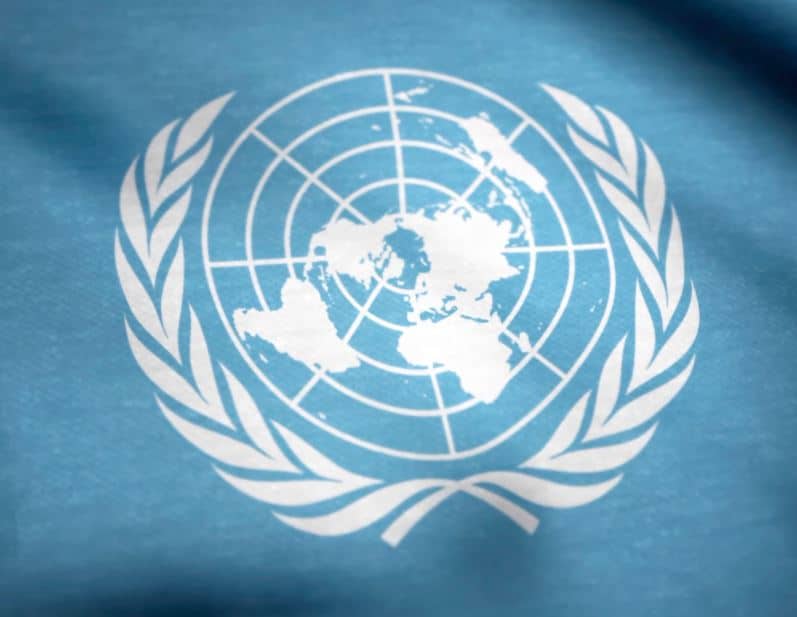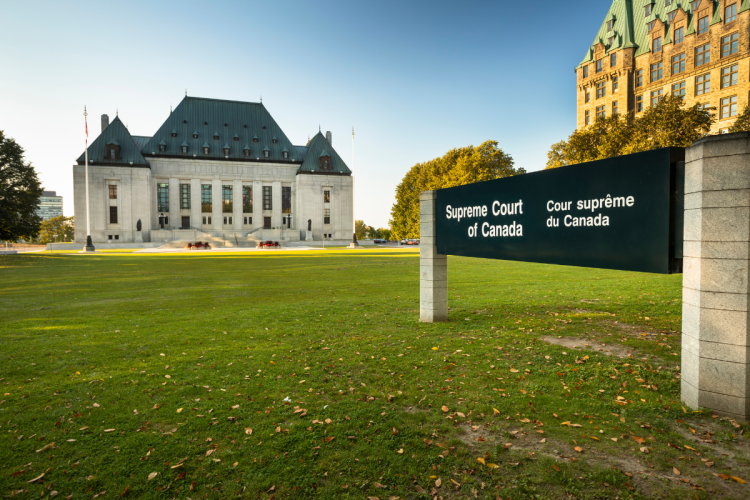Federal government releases Draft Action Plan to implement UNDRIP for public comment

On March 20, 2023, the Government of Canada released its Draft Action Plan to Implement the United Nations Declaration of Rights of Indigenous Peoples (“Draft Action Plan”) for public comment. This represents the next phase under the United Nations Declaration on the Rights of Indigenous Peoples Act (the “UNDRIP Act”).
United Nations Declaration on the Rights of Indigenous Peoples Act
After decades of advocacy by Indigenous Peoples, Parliament passed the UNDRIP Act on June 21, 2021. It provides for the development and implementation of a national action plan, in consultation and cooperation with Indigenous Peoples, to achieve the objectives of UNDRIP. The UNDRIP Act mandates an action plan be developed by June 21, 2023 to implement the principles of UNDRIP.
Read our previous MLT Aikins blogs for further background on UNDRIP and the UNDRIP Act:
- Bill C-15: Canada Announces New Legislation to Implement UNDRIP
- Senate Passes UNDRIP Bill C-15
- Potential Impacts of Implementing UNDRIP on the Duty to Consult
Development of the Draft Action Plan
Between December 2021 and December 2022, First Nations, Inuit and Métis Peoples, as well as representative organizations, the federal government and other levels of government worked to understand and articulate Indigenous Peoples’ priorities to shape the Draft Action Plan and identify ways to align federal laws with the UNDRIP.
On March 20, 2023, the federal government released two documents for discussion: a “What We Learned to Date Report” and the Draft Action Plan.
Next steps
Between March 2023 and May 2023, the federal government has committed to ongoing Indigenous-led consultations and continued communication with provinces and territories, as well as information sharing sessions with industry.
The Government of Canada is inviting organizations to provide submissions on the Draft Action Plan. Submissions can be provided online or by email to declaration@justice.gc.ca. Submissions must be provided by May 2023.
If you or your organization would like more information about the Draft Action Plan or assistance in preparing submissions, please reach out to the lawyers from our Indigenous practice group who would be please to assist.
Note: This article is of a general nature only and is not exhaustive of all possible legal rights or remedies. In addition, laws may change over time and should be interpreted only in the context of particular circumstances such that these materials are not intended to be relied upon or taken as legal advice or opinion. Readers should consult a legal professional for specific advice in any particular situation.



